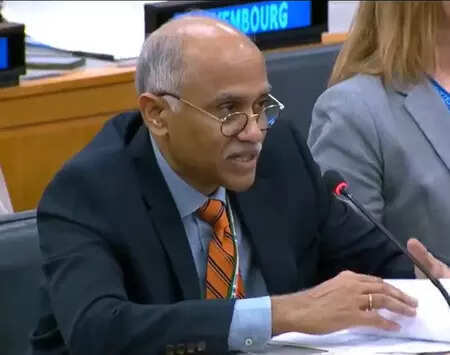India Challenges UN Security Council Reform: Rejecting Religious Litmus Test for Global Representation

In a decisive stance at the recent Inter-Governmental Negotiations meeting, India firmly rejected the notion of introducing religion as a criterion for United Nations Security Council representation. Instead, the country championed regional representation as a more equitable approach to global diplomacy.
Leading the charge alongside the G4 nations (Brazil, Germany, India, and Japan), India passionately advocated for comprehensive Security Council reform. The proposal aims to expand both permanent and non-permanent categories, ensuring the council more accurately reflects contemporary geopolitical dynamics.
Notably, France has emerged as a key supporter of India's bid for a permanent seat, lending significant diplomatic weight to the country's aspirations. This backing underscores the growing international recognition of India's strategic importance and potential role in global governance.
The push for reform highlights the urgent need to modernize the UN Security Council, transforming it from a post-World War II structure to an inclusive, representative body that can effectively address 21st-century global challenges.
